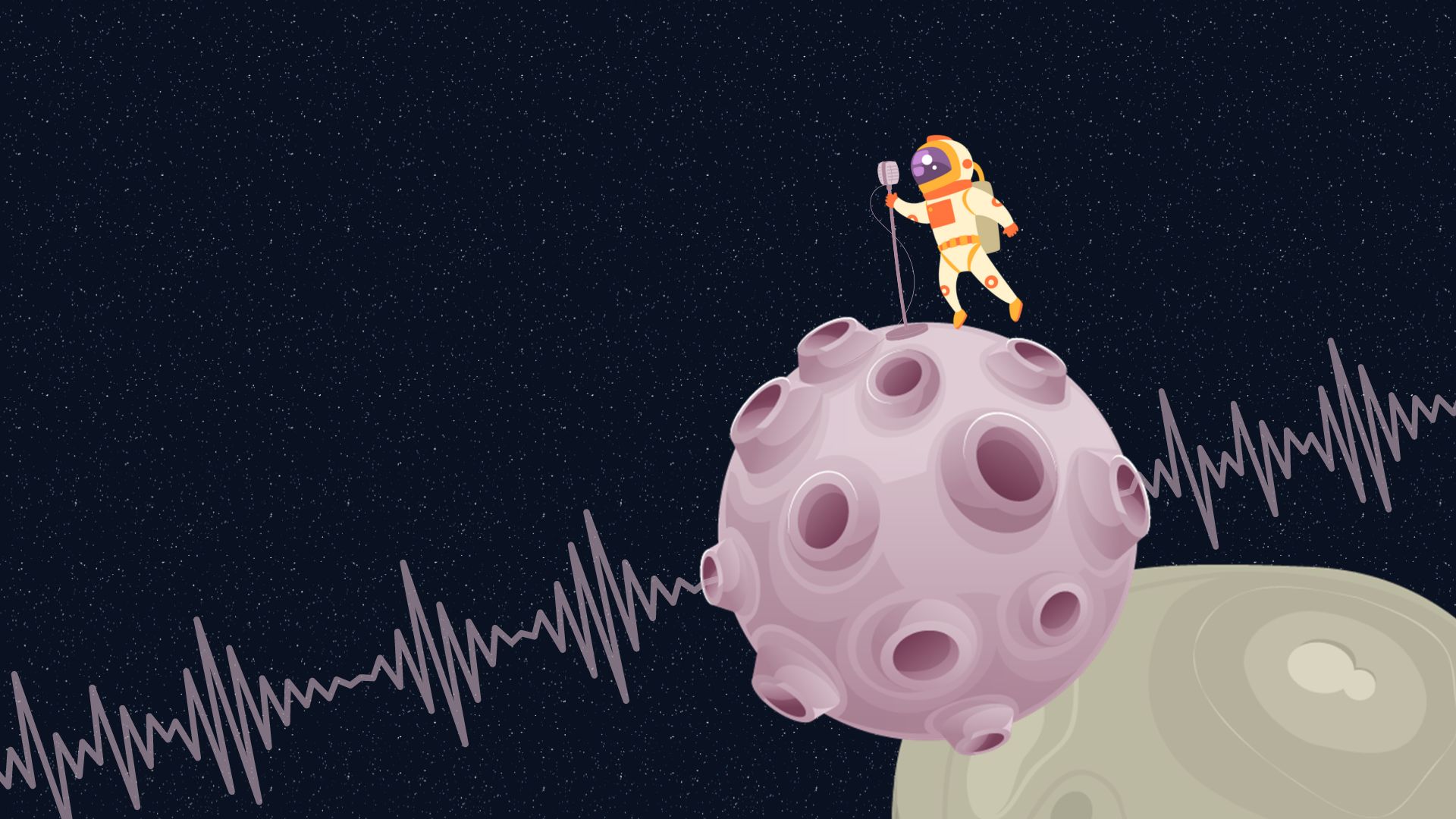Poetry is often regarded as the purest form of self-expression, transcending the boundaries of time, culture, and language. At the heart of this enigmatic art form lies emotion, which serves as the catalyst for conveying a poet’s message and connecting with readers on a profound level. In this blog post, we explore the vital role of emotion in poetry and how it shapes our understanding of the human experience.
The Essence of Emotion in Poetry
One of the most fascinating aspects of poetry is its ability to evoke powerful emotions in both the writer and the reader. Emotion in poetry is the driving force that allows us to empathise with others, share their joys and sorrows, and ultimately gain a deeper insight into the human condition. By employing emotive language, captivating imagery, and skilful use of poetic techniques, poets can create an emotional connection with their audience that transcends the boundaries of the written word.
The Art of Evoking Emotion
In order to truly harness the power of emotion in poetry, poets must carefully choose their words and employ various techniques to ensure that their message resonates with readers. Some of the most effective ways to evoke emotion in poetry include:
- Imagery: The use of vivid, emotive imagery allows poets to paint a picture in the reader’s mind, transporting them to a specific moment in time or immersing them in a particular emotion.
- Metaphor and Simile: These poetic devices help to convey abstract concepts or emotions by comparing them to something more familiar and tangible.
- Rhythm and Rhyme: The musicality of a poem can create a hypnotic effect that draws readers into the emotional landscape of the piece, amplifying its emotional impact.
- Symbolism: The use of symbols can imbue a poem with deeper meaning and emotional resonance, allowing readers to explore the layers of emotion beneath the surface.
- Tone and Mood: The tone and mood of a poem set the stage for the emotions it seeks to convey, whether it be one of sombre reflection, joyous celebration, or anything in between.
The Lasting Impact of Emotion in Poetry
The ability to evoke emotion is what elevates poetry from mere words on a page to an unforgettable and transformative experience. When a poem touches us emotionally, it leaves an indelible mark on our psyche, creating a lasting bond between the reader, the poet, and the emotions they share. By delving into the emotional core of the human experience, poetry has the unique ability to connect us all on a deeper level, reminding us of our shared humanity and the power of emotion to both heal and inspire.
In conclusion, emotion in poetry is an essential element that enables poets to connect with readers, providing a window into the human soul and an opportunity to explore the complexities of our emotional landscape. By skilfully evoking emotions, poets can create lasting connections, leaving an impact that echoes through time and reminds us of the universal nature of human experience.



